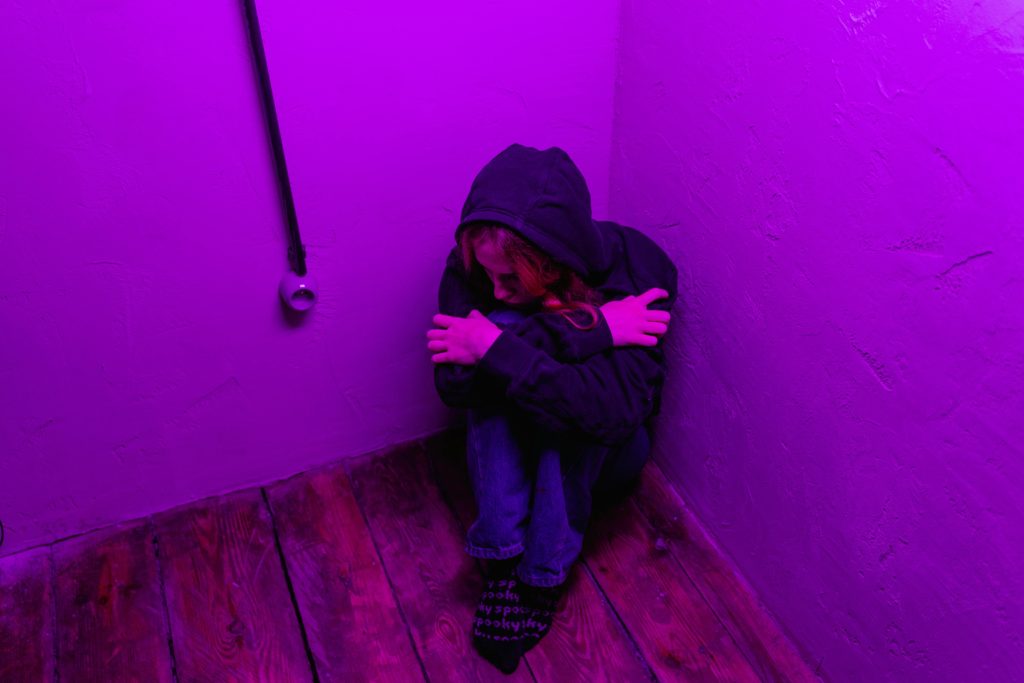Grief after suicide is unlike any other kind of pain. It can shake your foundation, test your faith, and leave you searching for answers that seem impossible to find. When the person you’ve lost was a believer—someone who loved God, prayed, and served others—the heartbreak becomes layered with confusion and spiritual distress.
If you are reading this because a Christian committed suicide, know that you are not alone. The Christian Association for Survivors of Suicide Loss exists to walk with you through this valley, helping you rediscover faith, hope, and meaning after unimaginable loss. This article will guide you through understanding the unique pain of losing a believer to suicide, offer biblical and emotional insights, and provide practical steps toward healing.
Understanding the Impact When a Christian Committed Suicide
When a Christian committed suicide, the emotional and spiritual impact can be overwhelming. Survivors often experience a mixture of sorrow, guilt, anger, and disbelief—all intensified by the spiritual questions surrounding the event.
The Spiritual Shock
The death of a believer by suicide raises difficult questions: How could this happen? Did their faith fail? Did God abandon them? These are natural and deeply human thoughts. However, it is important to remember that mental illness, depression, and unbearable pain can distort perception, making even strong believers feel trapped. Suicide is not a measure of faith—it is a reflection of suffering.
The Weight of Guilt and Shame
Many survivors feel they could have done something to prevent it. When a Christian committed suicide, families and friends may blame themselves or feel judged by others in their faith communities. But suicide is rarely the result of one event or one person’s actions—it’s a complex intersection of emotional, mental, and spiritual distress. Guilt is a common part of grief, but it does not tell the full story.
Faith Amid Confusion
In moments like these, faith can feel fragile. Some survivors may withdraw from God, believing He allowed this to happen. Others may cling tighter, desperate for answers. Both reactions are understandable. God is big enough to handle our grief, confusion, and even our anger. Remember that even Jesus cried out, “My God, why have You forsaken Me?”—and yet His story did not end there.
Addressing the Hard Questions
When a Christian committed suicide, certain questions seem to echo endlessly in the minds of those left behind.
Was Their Salvation Lost?
This is perhaps the most painful question of all. Many Christians were taught that suicide is an unforgivable sin—but that belief is not consistent with Scripture. Salvation is by grace through faith, not by the works we do or don’t do. Once a person truly belongs to Christ, nothing can separate them from His love. Even the darkest act cannot undo the eternal promise of redemption.
Did We Fail Them?
It’s common to wonder if you missed signs or could have intervened. The truth is, suicide is rarely predictable. People who die by suicide often hide their pain behind smiles, humor, or busy schedules. It’s not your fault. You can honor your loved one’s memory by extending the same compassion to yourself that they deserved in life.
Where Is God in This?
It may not feel like it right now, but God is still near. Scripture tells us that “The Lord is close to the brokenhearted and saves those who are crushed in spirit.” Even when you can’t feel His presence, He is with you—grieving with you, weeping beside you, and carrying you through this storm.

Healing Pathways: What to Do After a Christian Committed Suicide
Finding healing after such a loss is not about “getting over it” but learning to live again while carrying your loved one’s memory in grace and truth.
Step 1: Allow Yourself to Grieve
There is no “right” way to grieve. Some days will feel unbearable; others might bring moments of peace. Let yourself cry, question, and even rage. God understands the full range of human emotion. Healing begins when you stop judging your grief and start accepting it as part of love.
Step 2: Bring Faith Into the Pain
When a Christian committed suicide, faith often feels fragile. Yet this is when faith becomes most powerful—not as a shield from pain but as a lifeline through it. Try journaling your prayers, even if they’re messy. Read comforting passages like Psalm 34:18 or Romans 8:38–39. Speak honestly to God about your pain and uncertainty. Faith that survives tragedy becomes deeper, more authentic, and more compassionate.
Step 3: Seek Community and Support
Grief can isolate you, but healing happens in connection. Look for faith-based support groups or counseling services that understand both the psychological and spiritual aspects of suicide loss. Talking with others who have faced the same pain can bring perspective and peace. The Christian Association for Survivors of Suicide Loss provides safe spaces where your story is welcomed, and your faith is honored.
Step 4: Rebuild Trust in God and Others
When a Christian committed suicide, trust can shatter—trust in God, in people, even in yourself. Rebuilding takes time. Start small: pray again, attend church even if you can’t sing, or share your story with one trusted person. These small acts slowly rebuild a foundation of faith and connection.
Step 5: Move from Survival to Hope
In time, you will begin to see light again—not because the pain disappears, but because love endures. Hope does not erase loss; it transforms it. You can honor your loved one by helping others who struggle, by advocating for mental health awareness in the church, and by reminding others that faith and depression are not opposites. Healing becomes a testimony of resilience, grace, and God’s unfailing presence.
How the Church Can Respond When a Christian Committed Suicide
Faith communities have a sacred role to play in bringing healing to survivors.
End the Stigma
Churches must talk openly about mental health and suicide without judgment. When silence surrounds suicide, it creates shame and isolation. Compassionate conversation brings light into dark places and helps prevent future tragedy.
Offer Compassion, Not Condemnation
When a Christian committed suicide, families should not feel like outcasts. The church must be a refuge, offering meals, prayer, and practical help instead of uncomfortable silence. A compassionate response reflects Christ’s heart for the hurting.
Integrate Faith and Mental Health
Pastors and church leaders should collaborate with Christian counselors and mental health professionals to offer both spiritual and clinical support. The goal is not to choose between faith and therapy but to unite them for complete healing.
Conclusion: Choosing Hope After a Christian Committed Suicide
When a Christian committed suicide, it can feel as though faith itself has died. Yet the message of the cross is that resurrection follows death—hope rises from despair. You do not have to face this alone. The Christian Association for Survivors of Suicide Loss exists to remind you that your faith, your loved one’s memory, and your story still matter.
Healing is a journey, not a destination. Take it one breath, one prayer, one day at a time. You may not see it yet, but light is waiting beyond the valley. Let faith lead you—not because you understand everything, but because you believe that love is stronger than death. Our website is your ultimate source of valuable information.
FAQs
1. Does the fact that a Christian committed suicide mean they lost their salvation?
No. Salvation depends on Christ’s grace, not on our actions. Nothing—not even suicide—can separate a believer from God’s love and eternal promise.
2. How can I help someone grieving because a Christian committed suicide?
Be present. Listen without trying to fix their pain. Offer prayer, practical help, and remind them that it’s okay to grieve. Encourage them to seek professional and faith-based support.
3. Are there faith-based resources for families after a Christian committed suicide?
Yes. Many Christian organizations, ministries, and counselors provide grief groups, prayer circles, and workshops designed specifically for suicide loss survivors. These spaces allow families to heal through faith and community.
